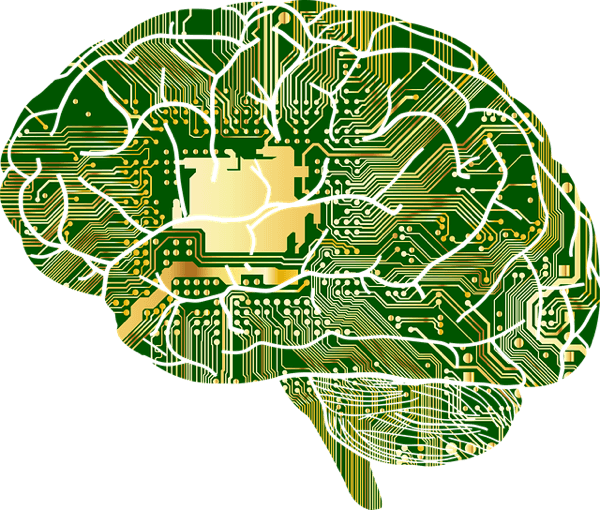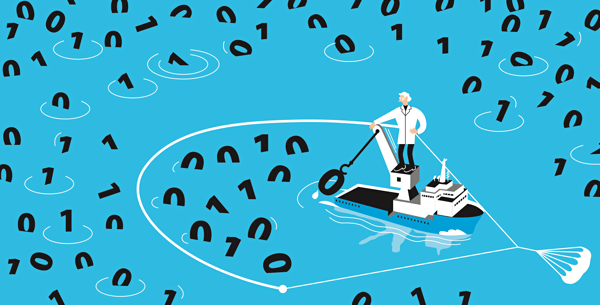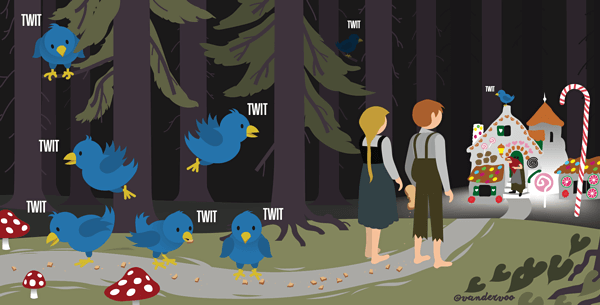Blog posts and articles that are not part of a series.
Why I still label myself as a Business Intelligence Architect

I still label myself as a Business Intelligence architect and I’m proud of that. Over the last 20 years, BI practitioners have gathered a body of knowledge of effective methods to enable people to create value in their businesses or services, by using information. That’s what BI is about. The origin of that information,...
keep on reading
Gartner’s logical data warehouse: my interpretation of a concept

I’ve always regarded Gartner’s logical data warehouse as a conceptual framework: food for thought. It is both the accumulation of observations made on how organizations have shifted their data management practices as well as a discussion paper on what is required of modern data management for analytics. The logical data...
keep on reading
Data and AI in an analytical world

Artificial Intelligence (AI) has had a long history up until now, remaining in university labs for a number of years before coming of age. Today, connectivity and computing power have reached a turning point where it is viable to apply algorithms locally. This opens up a whole new set of applications, some of which will make...
keep on reading
Taming the data beast

The digital company and analytics are not synonyms. The common denominator is the acquisition, transformation and use of information. Digitisation of business processes has a profound impact on how businesses are run and on where and how analytics are being used to optimize those business processes. The flood of information,...
keep on reading
Naked Data

It is hard to explain why data management is still an unruly discipline. Two articles I read recently which on first reading appeared to be unrelated, actually have a connection and help shed some light on the unruliness. The connection is that we work around the shortcomings of the current technologies. This lead me to an...
keep on reading
Information overflow asks for curative maintenance

Businesses and government agencies collect large volumes of data to get to needed information. In every subject discussed, data is the central underlying theme. Investments in technology are ripe with promise and low on yield. Organisations experience this squeeze. I even observe a regression: new technology and more data...
keep on reading
Working with data: a toy metaphor

Using metaphors is dangerous. Metaphors do not describe reality, but are a tool to create insight into complex problems. I have an ambivalent relationship with metaphors. People tend to run away with them and stretch the simplification, instead of using it as an entry into discussing the real complexities. Notwithstanding,...
keep on reading
An end to the data fairy tale (1/2)

It has been 20 years since the DotCom crash and the introduction of the term ‘web 2.0’ in its aftermath. Web 2.0 did put focus on interaction with data. I have grown up as a ‘data professional’ in the same period. Looking back on those 20 years, I can sum it up in three bullet points: Connectivity (internet),...
keep on reading
An end to the data fairy tale (2/2)

In the first part, I addressed the nature of data and our struggles in working with data. I concluded with the observation that despite this struggle, we keep on collecting more and more data. Why are we doing this? An above all, what are the consequences of our data hoarding? Why do we collect all this data? As...
keep on reading











